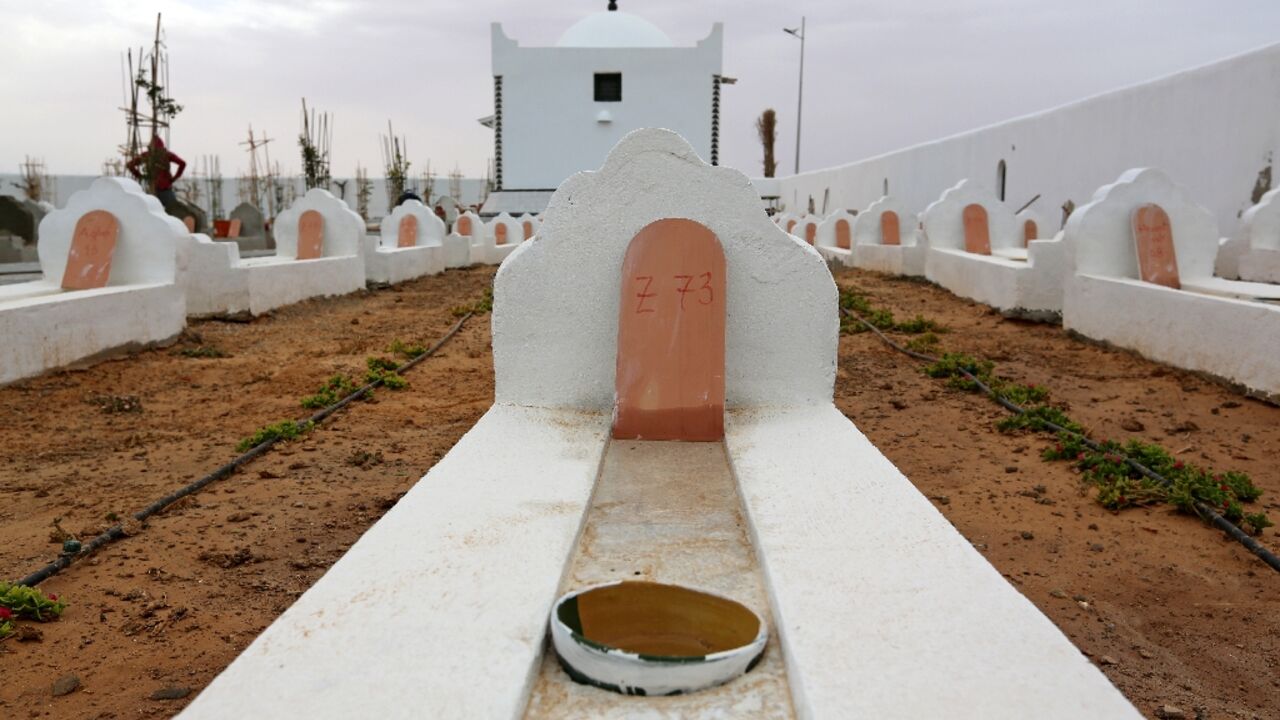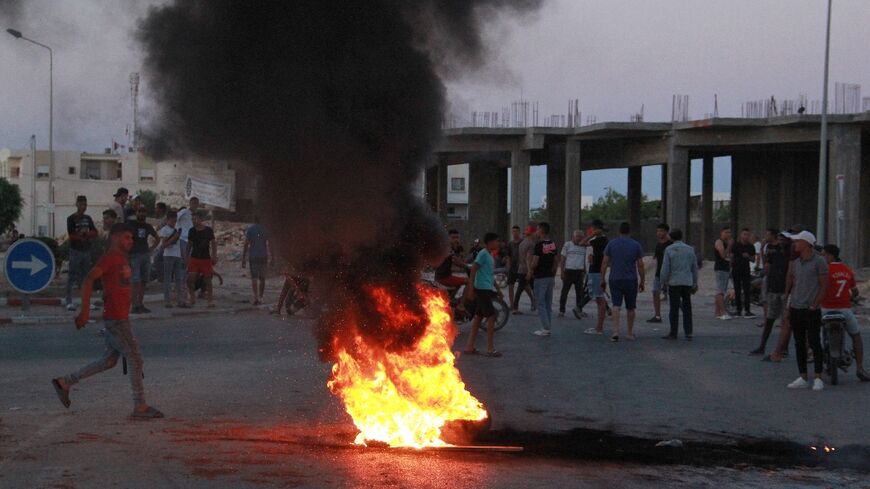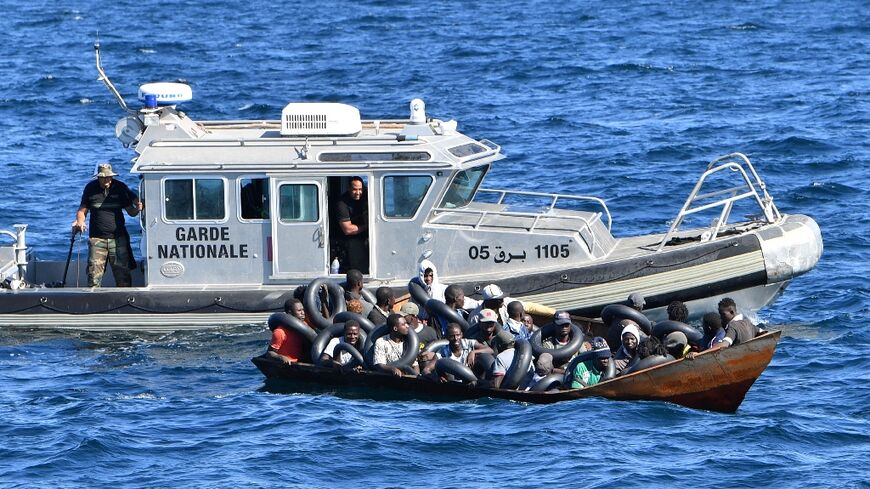Parents of missing Tunisians dig up migrant graves: witnesses

The parents of Tunisian migrants missing since their boat sank in September have dug up graves in a cemetery hoping to locate and retrieve their dead offspring, witnesses said Tuesday.
In late September, a small boat sank after departing Zarzis in southeastern Tunisia with 18 migrants on board. Eight bodies, including several Tunisians, were subsequently recovered.
Four bodies of Tunisians were buried by mistake in the Garden of Africa, a cemetery for drowned migrants from elsewhere on the continent -- many of whom remain unidentified and or unclaimed.
Those four bodies were exhumed and transferred to other resting places under pressure from families.
But the parents of other Tunisian migrants who remain missing, in the belief that their children are buried in the same cemetery, began digging up graves on Monday in an attempt to identify bodies, according to witnesses and videos shared on social media.
The Garden of Africa, the initiative of Algerian artist Rachid Koraichi, was formally opened last year to provide a dignified resting place for migrants who died at sea.
Around 500 people protested on October 12 in Zarzis to press the authorities into intensifying searches for migrants who are still missing.
Tunisian authorities say they struggle to intercept or rescue migrants due to a lack of funding.
On Tuesday, the Tunisian National Guard said a migrant had drowned and 10 others were rescued from the sea off Bizerte overnight, after the boat carrying them sank. Five others are missing.
Favourable weather conditions in the spring and summer generally contribute to more attempts to cross the Mediterranean Sea from Tunisia and neighbouring Libya heading to Europe than other times of the year.
Since the start of this year, more than 22,500 migrants have been intercepted off the coast of Tunisia, of whom just under half originate from sub-Saharan Africa, according to official figures.
A deep economic crisis is pushing growing numbers of Tunisians to attempt to reach Europe, particularly Lampedusa which is less than 130 kilometres (80 miles) off the coast.





